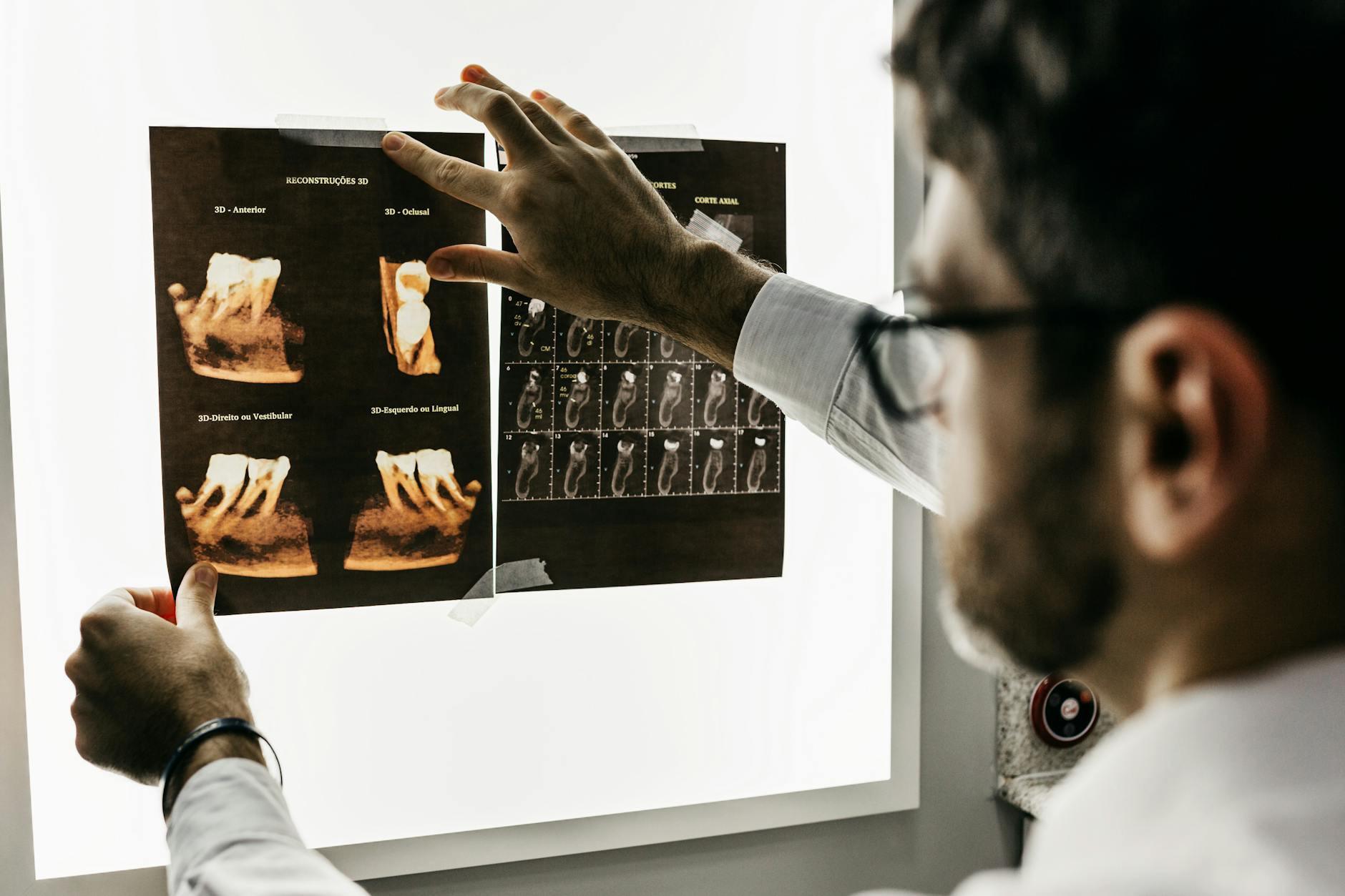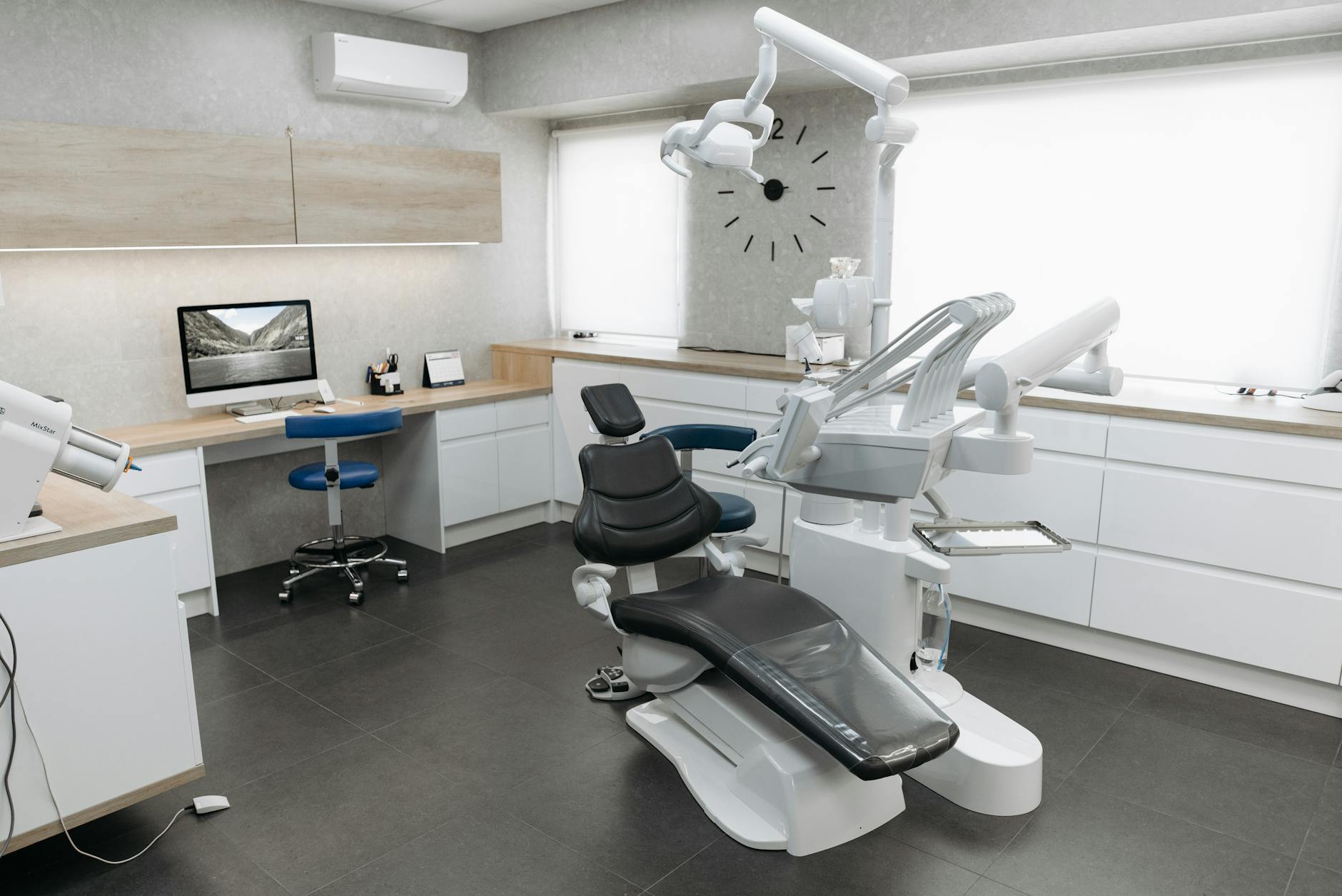What Is Preventive Dentistry?
Preventive dentistry refers to the steps a patient takes to avoid oral problems and keep a healthy smile for the rest of his or her life. Brushing with a fluoride-containing toothpaste on a daily basis, flossing, and eating a balanced diet, as well as scheduling frequent oral checkups and professional cleanings, are all recommended.
Because of its importance in overall oral health, dental insurance policies tend to promote preventive dental care. As a result, preventive dentistry services are frequently covered entirely without deductibles or co-pays (in other words, minimal out-of-pocket costs). Preventive procedures are also not counted against your annual maximum with some policies.
Which dental services or procedures fall under the category of preventative dentistry?
Preventive dentistry is a set of dental procedures performed by your dentist to help you avoid developing oral health problems that are both costly to cure and unpleasant to deal with. Preventive dentistry encompasses a wide range of dental services, including:
- The following diagnostic services are used to detect early indicators of oral problems: Assessments given orally (check-ups), X-rays
- Cleaning services by experts
- Treatments with fluoride, particularly for youngsters
- Sealants are protective coatings given to the top surfaces of permanent molars to prevent decay in the grooves that naturally form in these teeth.
- Your dentist or dental hygienist will give you educational information, such as: Brushing, flossing, and other oral care techniques that are effective. Counseling on nutrition and/or quitting smoke
- Children's space-keeping devices
- Preventive resin restorations or decay-delaying medication administered to teeth in particular conditions, usually provided to children at high risk of decay
Preventive dentistry services are designated as such because they allow your dentist to monitor your dental health, promote healthy behaviors, prevent new disease through a number of treatment options, and detect early indicators of oral health issues. This provides you and your dentist enough time to figure out what's wrong, treat it, and get it fixed.
Fillings, root canal therapy, periodontal treatments, orthodontics, and tooth extractions are not considered preventive dentistry; instead, they are aimed at resolving an existing issue and fall under the "umbrella" of fundamental or major procedures.
Your dentist will perform an oral exam during a routine dental appointment to look for signs of decay or gum disease, abnormal tooth wear, alignment or mechanical issues, soft tissue disorders (such as oral malignancies), and other issues. To ensure a clean, healthy, and protected mouth, this evaluation is frequently followed by a professional cleaning, as well as the administration of sealant and fluoride if needed.
Preventive dentistry is an important aspect of dental care that should not be overlooked. Regular dental visits and the prevention of oral health problems can help you maintain your general health and wellness as you age, as well as save you time, money, and potential suffering by preventing major dental illness.
What is the optimal frequency of dental visits? Keep up with your dentist's recommended oral checkups and cleanings at least once a year.

FAQ
What at-home preventive dental care can I do to improve my oral health?
In order to keep your teeth and gums healthy in between dentist visits, it's critical to practice basic oral hygiene at home. Brushing for at least two minutes twice a day with a fluoride-containing toothpaste is recommended by the American Dental Association. 3 Flossing at least once a day is also recommended.
When participating in sports or recreational activities that could result in oral injuries, wear a mouthguard, and if you clench or grind your teeth, consult your dentist about wearing a bite/night guard. Ask your dentist if you need help stopping smoking or chewing tobacco. Tobacco use has been linked to an increased risk of tooth decay, periodontal disease, oral cancer, and other health problems.
Finally, eat a well-balanced diet to ensure you're getting enough vitamins and minerals to promote long-term dental health. Avoid sugary meals, soft drinks, and starchy, high-carbohydrate snacks, drink enough of water throughout the day, and eat a wide variety of fruits and vegetables.
What are the advantages of getting your teeth cleaned regularly?
Preventive dentistry lowers the chances of developing the following health problems:
- Gum disease (cavities)
- Gum disease is a condition that affects your teeth and (periodontal disease)
- Gum recession
- Sensitivities to teeth
- Teeth fall out
- Tooth deterioration
- Other issues affecting your mouth
- Poor dental health can lead to significant health problems such as diabetes and heart disease
Brushing and flossing after meals, or at least twice a day, should be instilled in children from an early age. Teach youngsters how to avoid tooth decay and gum disease from the beginning, when they acquire their first teeth, for the best chance of a lifetime of good oral health. A tooth that never needs to be repaired is the healthiest.
Is preventive dentistry covered by my dental insurance?
Most dental insurance policies pay for preventive dental care to varied degrees. However, you should check with your dentist to see what services are covered by your plan.
Preventive procedures such as the ones listed below are commonly covered:
- Oral exams (check-ups) and cleanings: Two times a year, on average; see your dentist to determine the best frequency for your oral health needs.
- Treatments with fluoride These are often plan-dependent, so make sure you know what services your plan covers. This service is included in some plans as a preventative measure only for youngsters.
- Dental sealants are usually plan-dependent, so be sure you know what therapies are covered by your plan.
- X-rays at least once a year are recommended. These could be covered under diagnostic services, depending on your plan.

